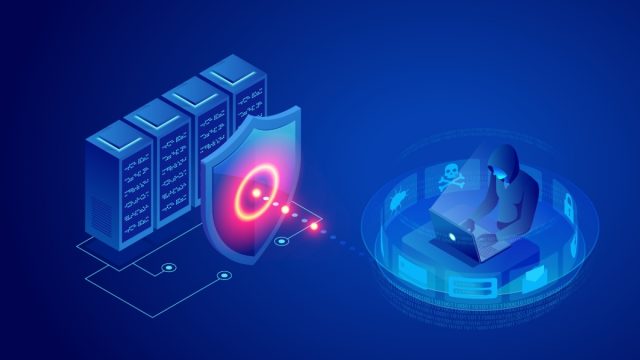As the digital landscape continues to evolve, the future of cybersecurity faces numerous challenges. Among these, the role of DDoS protection service providers stands out as both crucial and complicated. Distributed Denial of Service (DDoS) attacks have become increasingly sophisticated, and the need for robust protection services is more critical than ever. This article explores the future problems that DDoS protection service providers are likely to encounter and the implications for overall provider security.
The Escalating Complexity of DDoS Attacks
Contents [show]
One of the primary issues that DDoS protection service providers will face is the increasing complexity and scale of attacks. In recent years, we have seen a significant rise in the frequency and magnitude of DDoS attacks, with some reaching unprecedented levels of traffic. Future attacks are expected to leverage more advanced techniques, such as artificial intelligence and machine learning, to bypass traditional defenses. These sophisticated attacks will require providers to continuously innovate and adapt their security measures to stay ahead of the threat.
The Rise of IoT and Its Security Implications
The proliferation of Internet of Things (IoT) devices presents another formidable challenge. IoT devices often have weaker security protocols, making them easy targets for hackers to compromise and enlist in large-scale DDoS attacks. As more devices become connected, the potential attack surface expands, creating more opportunities for cybercriminals. DDoS protection service providers must develop strategies to mitigate the risks posed by these vulnerable devices, ensuring they can handle attacks originating from diverse and widespread sources.
Regulatory and Compliance Pressures
With the introduction of stricter data protection regulations around the world, DDoS protection service providers must navigate an increasingly complex legal landscape. Compliance with these regulations not only requires technical adjustments but also demands comprehensive reporting and transparency. Future regulatory changes could impose additional burdens on providers, requiring them to maintain higher standards of security and data protection. Failure to comply could result in severe penalties, making regulatory adherence a critical concern for the industry.
The Challenge of Scalability
As businesses and services continue to move online, the demand for DDoS protection will only increase. Providers must ensure their solutions can scale effectively to meet this growing demand. This includes not only scaling their technical infrastructure but also expanding their customer support and incident response capabilities. The ability to quickly and efficiently scale services will be a key differentiator for providers in the future.
Economic and Operational Pressures
Economic factors also play a significant role in the challenges faced by DDoS protection service providers. The cost of maintaining and upgrading security infrastructure is substantial, and providers must balance these costs against competitive pricing models. Additionally, as attacks become more frequent and severe, the operational strain on providers increases. Maintaining high availability and performance while mitigating attacks requires significant resources and expertise, posing a continuous operational challenge.
Future-Proofing DDoS Protection Strategies
DDoS protection service providers must adopt a forward-thinking approach to address these challenges. Investing in cutting-edge technologies, such as AI-driven threat detection and blockchain-based security solutions, can provide a competitive edge. Collaboration with other cybersecurity entities and participation in information-sharing networks will also be crucial in staying ahead of emerging threats.
Moreover, providers should focus on educating their clients about the importance of comprehensive security strategies, encouraging them to adopt best practices and stay informed about the latest threats. Providers can help build a more resilient digital ecosystem by fostering a proactive security culture.
The real importance
The future of provider security is fraught with challenges, especially for those specializing in DDoS protection services. The increasing sophistication of attacks, the rise of IoT, regulatory pressures, and the need for scalable and cost-effective solutions all contribute to a complex and dynamic security landscape. DDoS protection service providers must remain vigilant and innovative, continuously evolving their strategies to protect against future threats. As the digital world becomes more interconnected, the role of these providers will be more crucial than ever in safeguarding the integrity and availability of online services.


